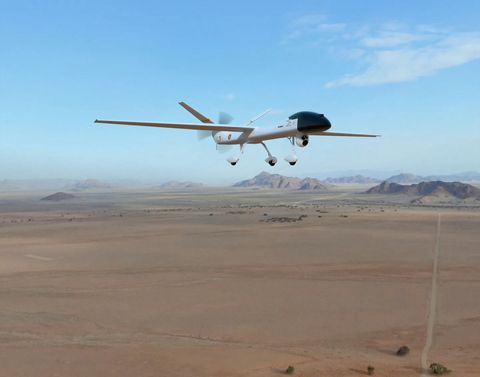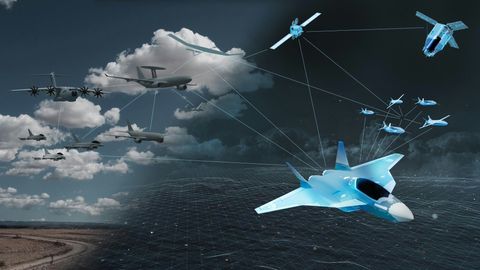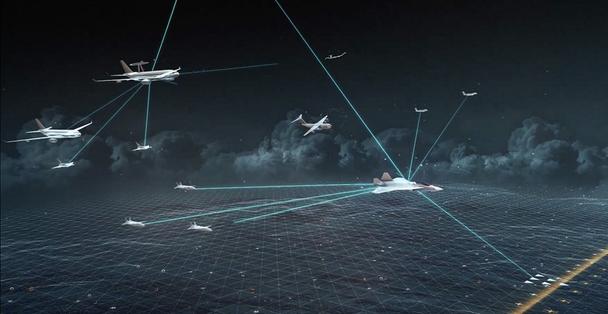The Future Combat Air System is a key instrument in ensuring European autonomy and sovereignty in defence and security.
FCAS will be centred around a core Next Generation Weapon System (NGWS). In this “system of systems,” piloted New Generation Fighters will work together with Unmanned Remote Carriers – all connected to other systems in space, in the air, on the ground, at sea and in cyberspace via a data cloud called the “Combat Cloud.”
These connected platforms will act as sensors, effectors and decision nodes working together within an open scalable service oriented architecture enabling the inclusion of future platforms and technologies.
Various national and allied platforms will supplement the NGWS in a collaborative strategy by adding their unique capabilities. Such a system-of-systems approach enables seamless collaborative combat across domains by leveraging the connected capabilities of pooled platforms.
Replacing existing combat systems by 2040
FCAS will be an incremental journey to achieve full collaborative combat by 2040, eventually replacing today’s military systems – including existing combat aircraft such as the Eurofighter and the Rafale. This represents a milestone in the development of high technology in Europe, using elements such as artificial intelligence, big data analytics, crypto components and human-machine interaction.
Doctrinal and technological challenges also are vital for the FCAS – as European air forces and navies will operationally benefit from new capabilities as they are gradually introduced. This will require a two-fold coordinated approach: European air forces and navies are to change the way they operate; and industry must develop the needed new technologies. By progressively providing FCAS capabilities, Europe will be able to respond to the growing threats it faces.
A phased roll-out from the mid-2020s
An incremental roll-out of FCAS capabilities already is planned by implementing initial situational awareness across platform capabilities in the mid-2020s. This could be followed in the 2030s by manned-unmanned teaming between upgraded existing fighters – such as the Eurofighter Long Term Evolution (LTE) with an improved cockpit and connectivity, new sensors and weapons – and first-generation Remote Carriers prior to achieving the full FCAS vision in 2040 with the Next Generation Weapon System as its core.
Remote Carriers will be an important component of FCAS. They will fly in close cooperation with manned aircraft, supporting pilots in their tasks and missions. Military transport aircraft such as Airbus’ A400M will play an important role: as motherships, they will bring the Remote Carriers as close as possible to their areas of operation before releasing up to 50 small – or as many as 12 heavy – Remote Carriers. These will then join manned aircraft, operating with a high degree of autonomy, although always under a pilot’s control.
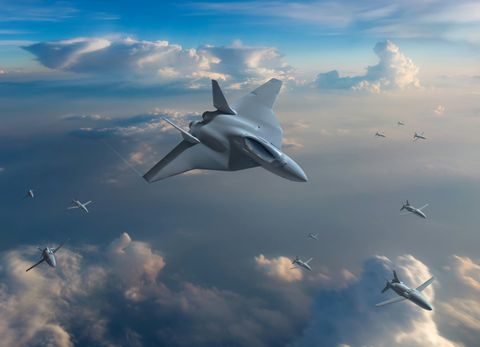
Sharing secured information is vital for FCAS
Connectivity is a key requirement for the Future Combat Air System. With increasing amounts of secured information shared between forces, data access and processing capabilities will be game-changers in improving situational awareness and ensuring mission success.
For FCAS to operate as a system-of-systems, connectivity needs to be fast, secure and global. This requires satellite constellations to deliver resilient, secure, high data rate communication services; support secure geo-navigation; provide global, real-time, reconfigurable coverage; guarantee low probability of intercept and detection; and be capable of joint forces’ operations.
Multiple sources for ISR (Intelligence, Surveillance & Reconnaissance) – including radar and optronic cameras carried by such platforms as the Eurodrone unmanned aerial system – also will contribute to the rapid on-demand collection and near real-time delivery of tactical ISR information. This will enable the resilient delivery of air, ground and sea situational awareness far beyond the line-of-site.
The role of Airbus in FCAS
Airbus is co-leading the entire FCAS programme – notably the System of a Systems approach – and is acting as the primary partner for the New Generation Fighters demonstrator pillar. It is leading the pillars for vehicle development of the Remote Carriers, the Combat Cloud, along with work relating to enhanced low observability.
The company has the pedigree to lead this key programme through its extensive experience in the management and production of major European defence programmes -- including the Eurofighter combat aircraft, the A400M multi-role airlifter, the A330 Multi-role Tanker Transport and Eurodrone. It contributes expertise in digital connectivity, ISTAR (Intelligence, Surveillance, Target Acquisition, and Reconnaissance) and cyber solutions for armed forces.
The pedigree of Airbus’ space-sector secure communication programmes – from Germany’s SatCom-BW and the groundbreaking SpaceDataHighway for data transfer by laser – can be combined to enhance FCAS’ future capability. Airbus’ rapid, highly digitalised and automated experience with the OneWeb commercial constellation and derivative products serve as a basis for cutting-edge telecommunications and Earth observation programmes, while providing lessons for the fully reconfigurable OneSat telecom satellites. Such highly agile and flexible satellites will form the cornerstone of the FCAS’ space capability.
Airbus’ know-how in satellite-aided navigation – proven through the European Geostationary Navigation Overlay Service (EGNOS) and the Galileo global positioning navigation system, as well as remote sensing, optical and radar observation – round out the company’s unrivalled industrial skill set across France, Germany and Spain.
FCAS is vital for Europe’s future
FCAS is key to ensuring future European independence in defence and security. It will strengthen Europe as a centre for leading-edge industry and technology – going beyond the defence sector for potential applications in the civilian world.
The programme also is to benefit the participating countries’ economies, labour markets, and defence sectors during the next several decades, which could be further boosted by potential export sales to approved military services.
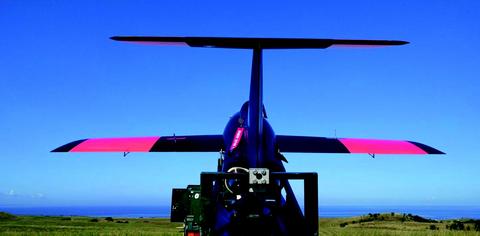
Manned-unmanned teaming (MUT)
In 2018, Airbus successfully performed manned-unmanned teaming (MUT) test flight campaigns, confirming the company’s expertise in controlling remote carriers from a manned aircraft. These test campaigns included demonstrations with five Airbus-built Do-DT25 target drones controlled from a mission group commander airborne in a manned command and control aircraft.
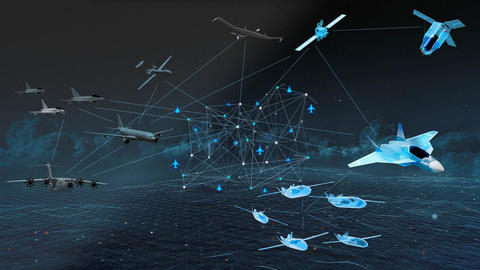
ASTARTES
The Air Superiority Tactical Assistance Real Time Execution System is an Artificial Intelligence (AI) project that aims to digitise the human-level experience to support operators with their tactical coordination tasks in the context of the Future Combat Air System (FCAS).
Future Combat Air System: Airbus and Fraunhofer FKIE create expert panel on the responsible use of new technologies
The expert panel, which was first initiated in Germany in 2019, currently includes stakeholders such as the German Ministry of Defence, German Ministry of Foreign Affairs, foundations, universities as well as think tanks. Learn more on the dedicated website www.fcas-forum.eu
Latest FCAS news
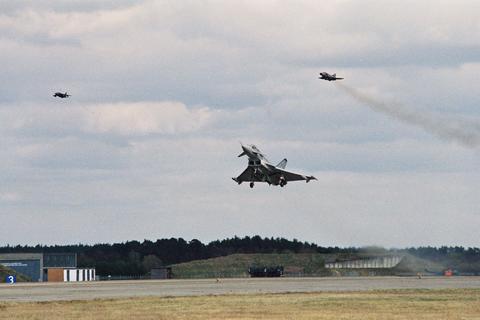
#EurofighterNextGen - Taking the Eurofighter to the next level
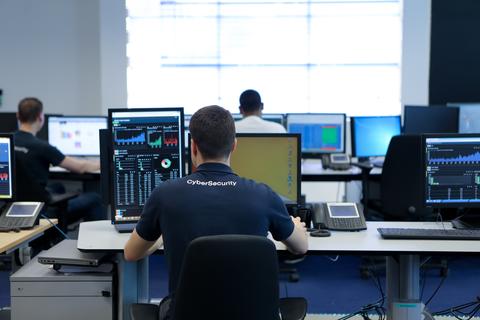
Airbus to acquire INFODAS and strengthen its cybersecurity portfolio
